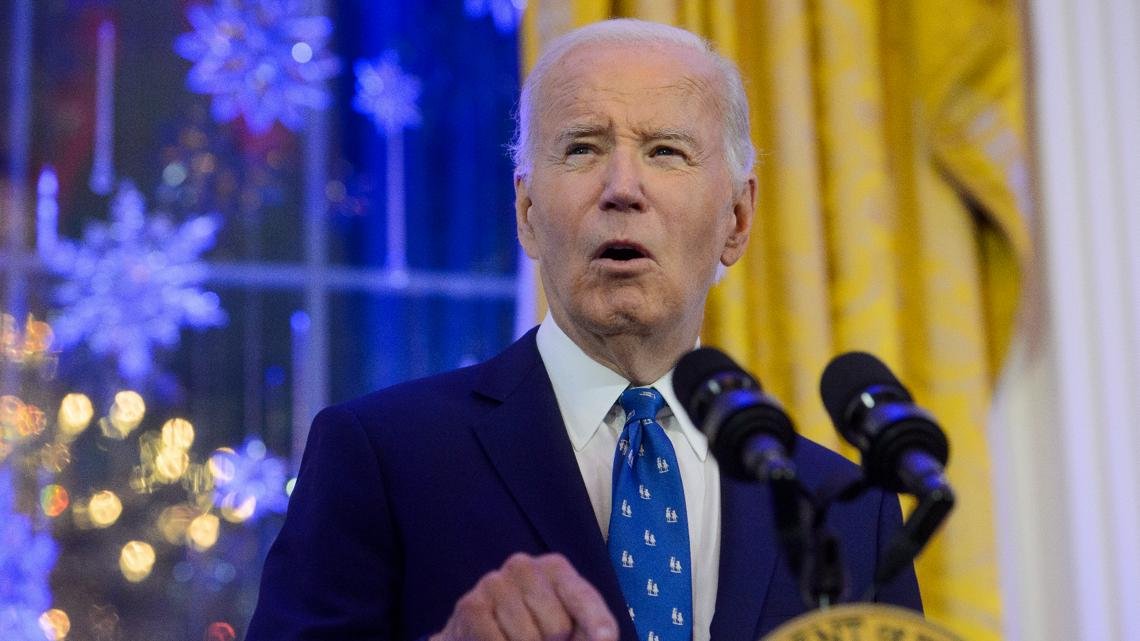cct-tracking
Biden Sparing 37 Death Row Inmates: A Move to Block Trump’s Execution Plans

In a significant policy shift, President Joe Biden announced on Monday the commutation of sentences for 37 of the 40 individuals on federal death row, converting them to life imprisonment without the possibility of parole. This decision arrives as Biden prepares for a visit to Italy next month, where he will meet with Pope Francis, a figure who has been vocal about the need for mercy in matters of capital punishment.
The commutations affect individuals convicted of serious crimes, including the murders of police and military officers, violent drug-related incidents, and other homicides occurring on federal property. As a result, only three inmates remain on federal death row, including Dylann Roof, responsible for the 2015 massacre at a church in South Carolina, and the Boston Marathon bomber, Dzhokhar Tsarnaev.
Biden emphasized his commitment to a fair justice system, stating, “These commutations are consistent with the moratorium my administration has imposed on federal executions.” The moratorium was implemented in 2021 to evaluate execution protocols, effectively halting capital punishment federally during his presidency. Biden previously pledged to end federal executions entirely when campaigning for the presidency in 2020.
In a statement reflecting on his long-standing views, Biden reiterated, “I am more convinced than ever that we must stop the use of the death penalty at the federal level.” He also took a subtle jab at President-elect Donald Trump, who has expressed intentions to expand capital punishment upon taking office.
Trump has historically pushed for rigorous penalties for drug trafficking and has overseen a wave of federal executions during his term, more than any preceding modern president. In stark contrast, Biden’s decision aims to curtail this trend as he faces advocacy pressures to limit capital punishment further.
The timing of Biden’s announcement follows recent actions, including the commutation of approximately 1,500 individuals who were released to home confinement during the pandemic. These moves align with Biden’s broader agenda of reforming criminal justice practices while balancing public pressure and historical precedent.
Calls for a re-evaluation of the death penalty have come from various quarters, including noteworthy figures like Martin Luther King III, who commended the president for taking steps toward addressing the systemic inequalities inherent in capital punishment.
Retired police officer Donnie Oliverio, whose partner was murdered by one of the commuted inmates, expressed support for Biden’s decision, suggesting that capital punishment would not have provided him peace.
As the Biden administration prepares for the transition of power, the implications of this decision will linger, raising questions about the future legal landscape surrounding the death penalty in the United States.


















